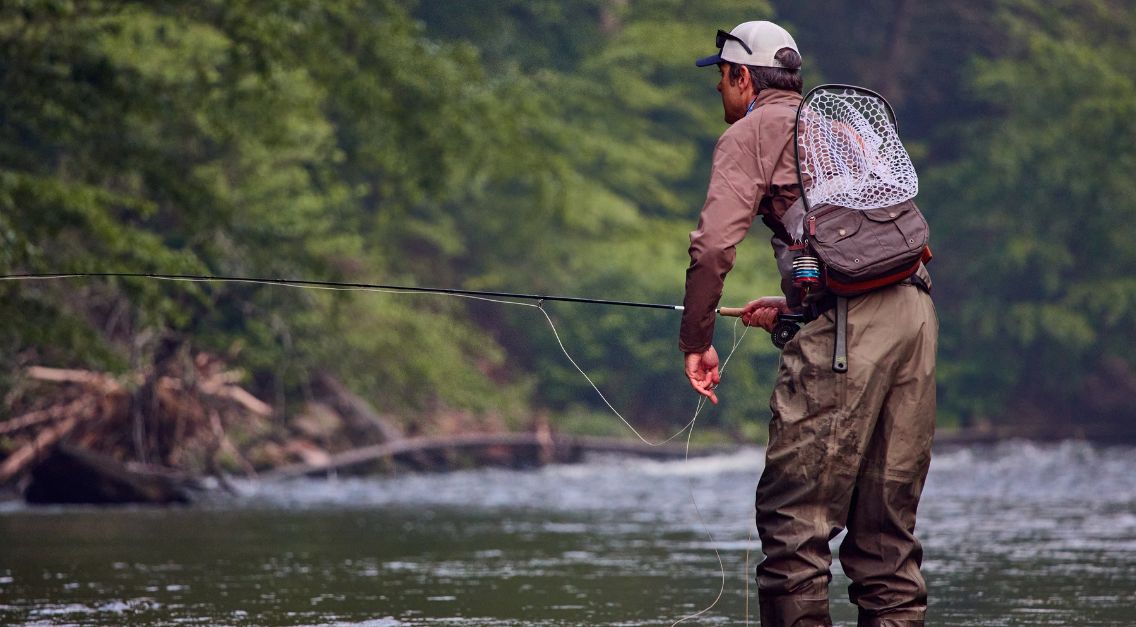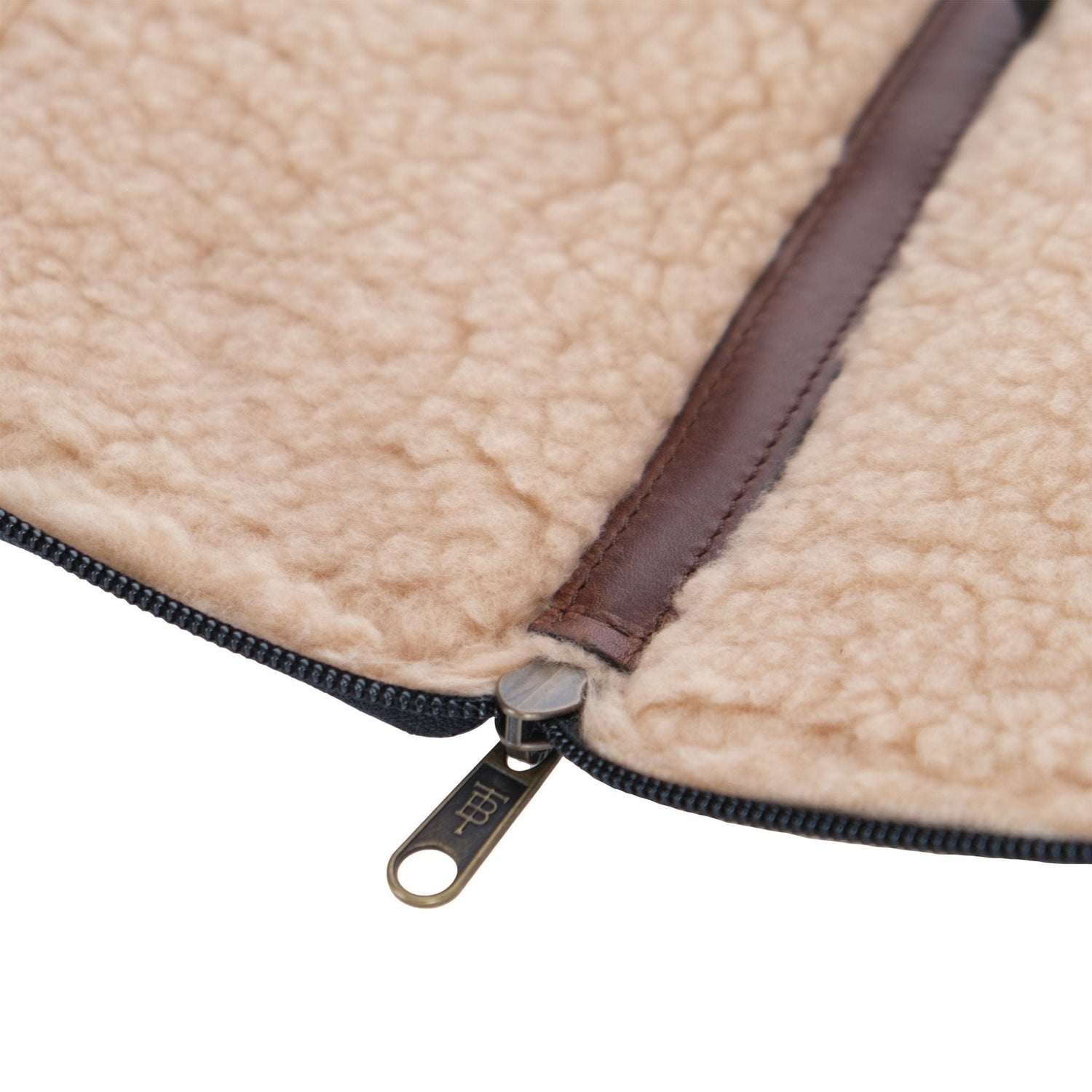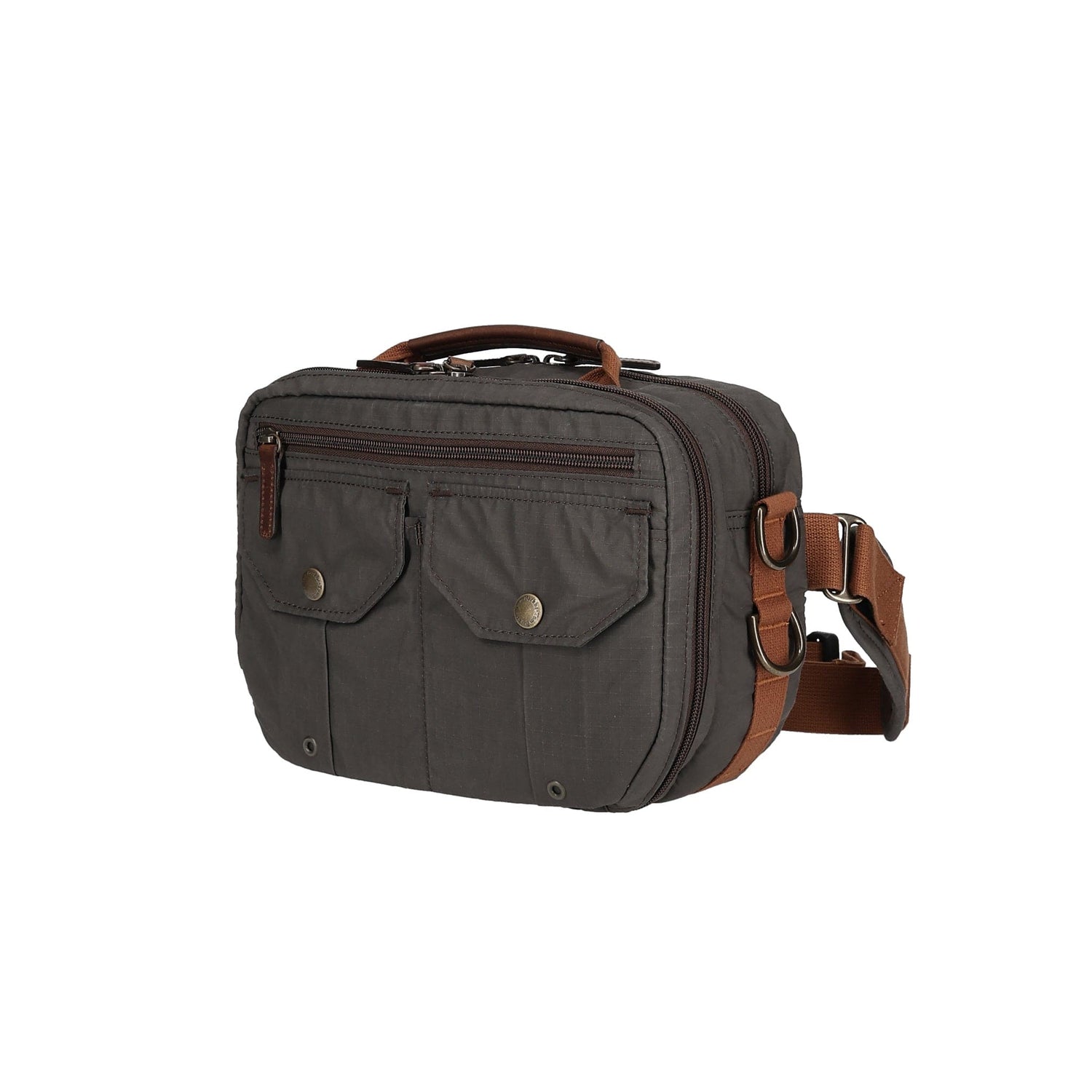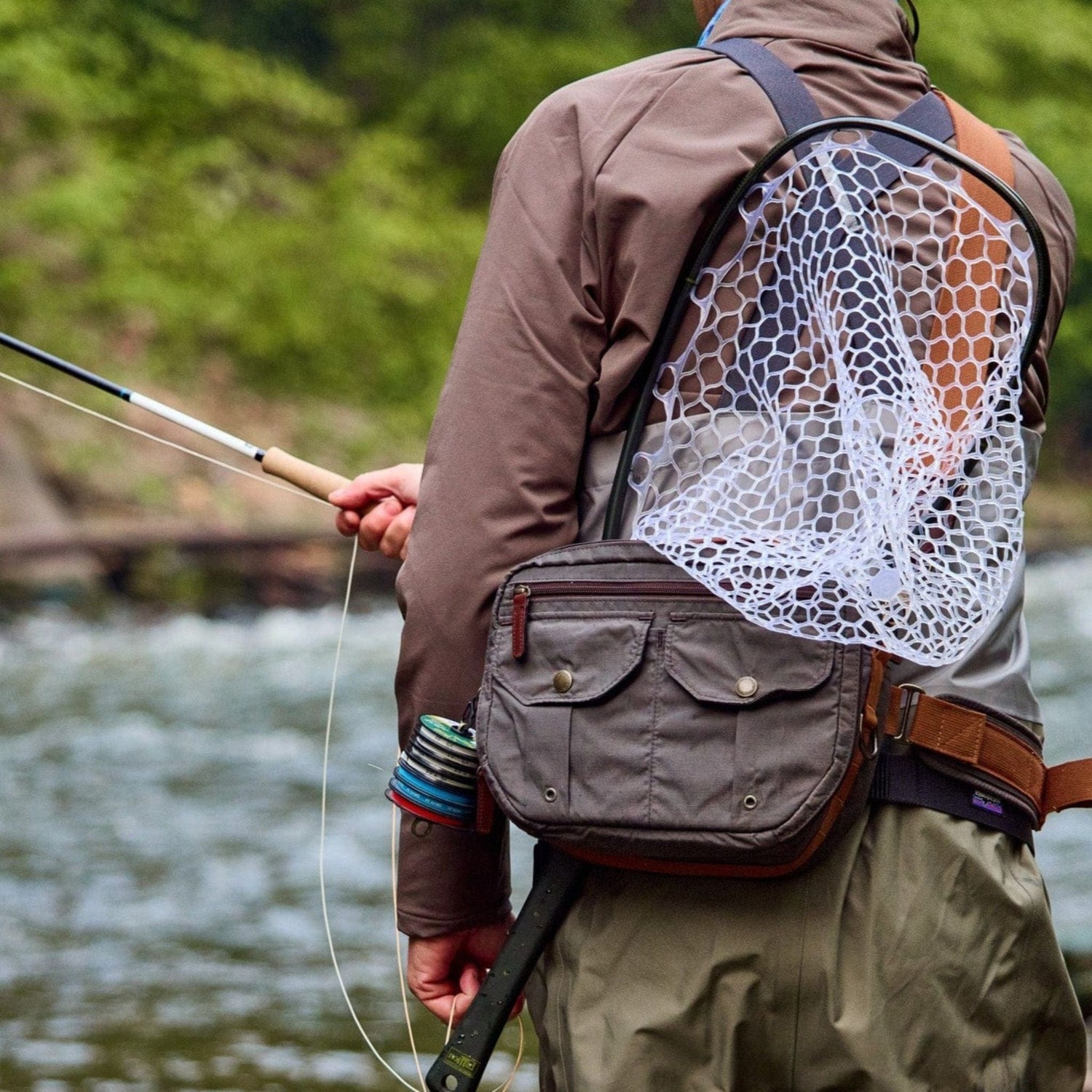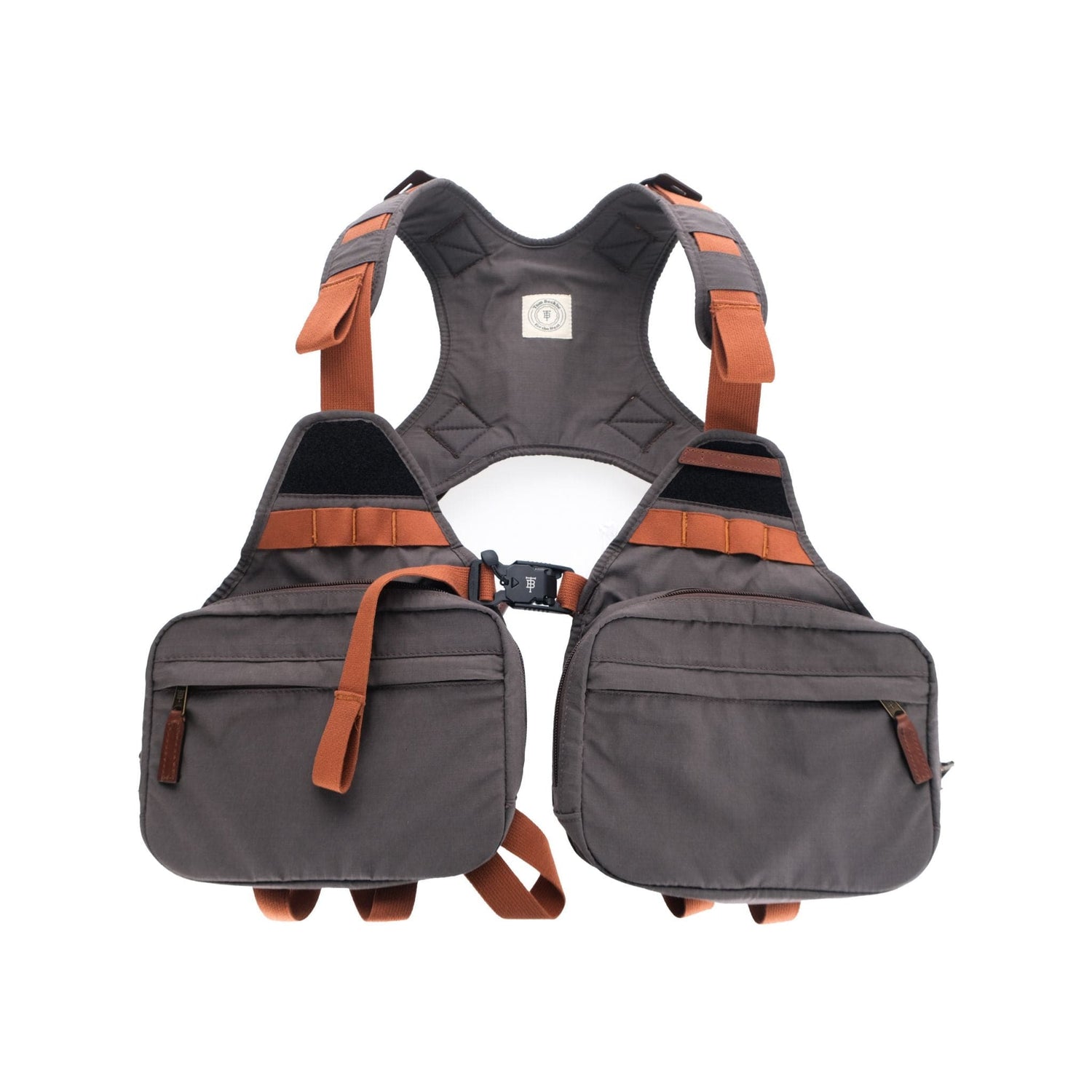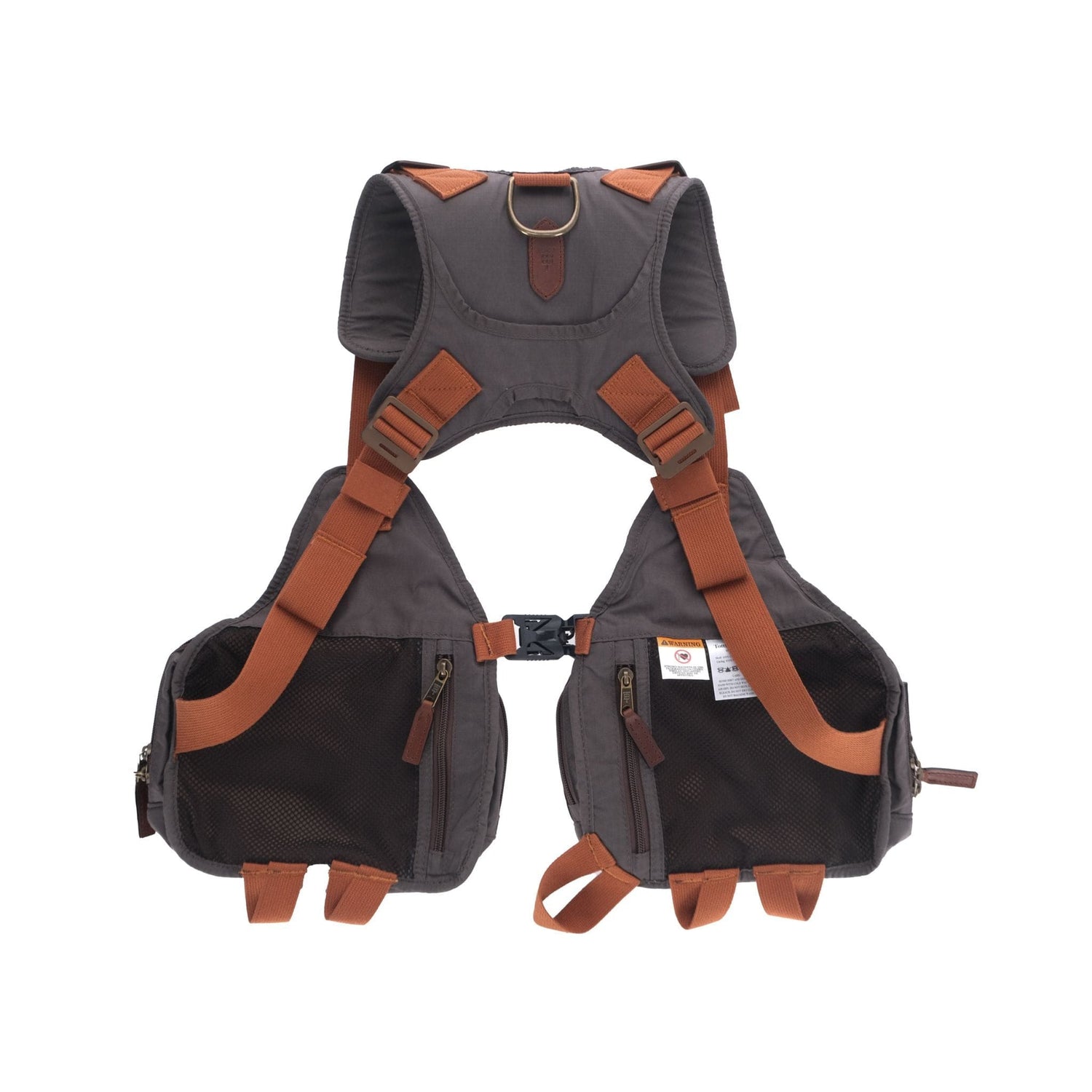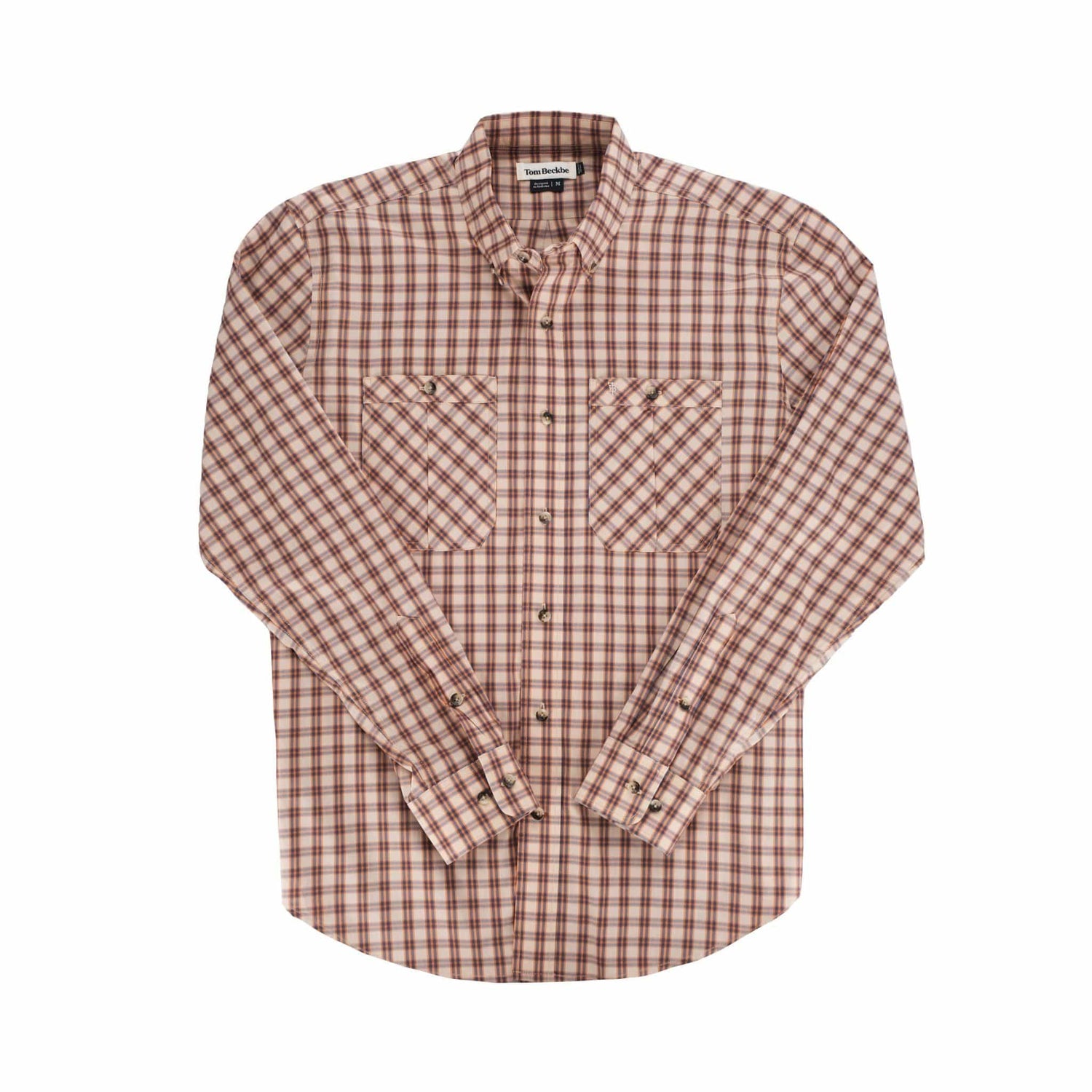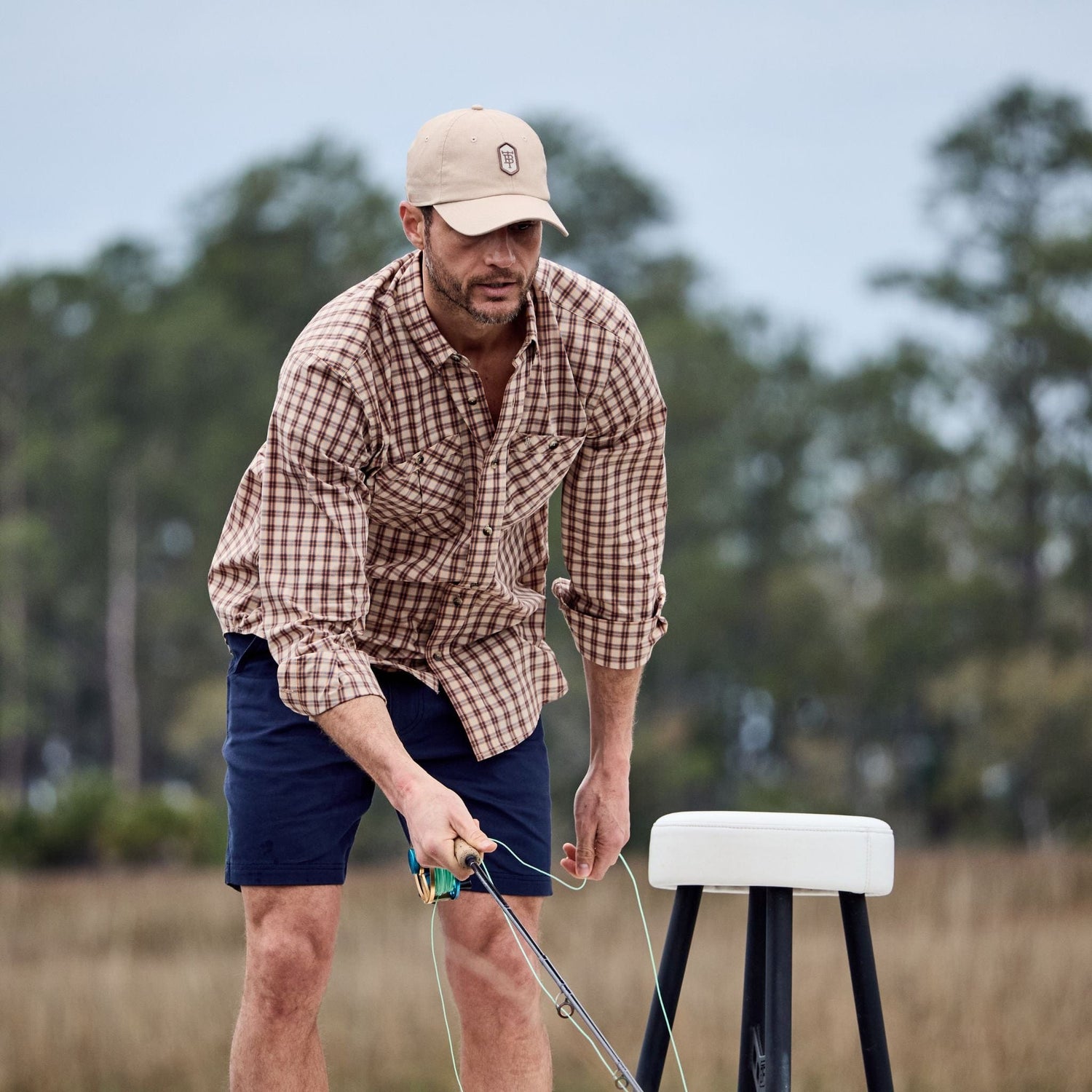By Lenny Wells
Not long ago, I read a book in which the author revealed that he was 24 years old before he had ever been fishing. I couldn’t fathom what I had read. My heart had pity on the poor fellow. Of how much life had he been deprived just by this one omission? I simply can’t imagine.
For many of us, fishing is likely the first real experience we had actually interacting with that great wonder we call mother nature. Fishing is often what starts people on that life-long journey of curious exploration, investigation, adventure, and the search for that elusive combination of peace, self-sufficiency, satisfaction, and joy found outside. I worry a lot about the expanding gulf between future generations and dirt, rocks, trees, cicadas, mud, worms, minnows, crawfish, rabbits, deer, prothonotary warblers, brook trout, and marmots. Fishing not only binds us to the natural world, it binds the generations and shapes friendships.
My father was a bit of a black sheep. The only fishing he ever did much of involved an old hand-crank telephone on the lake in the dark of night. But, I was blessed with two grandfathers and a grandmother who all preferred fishing to breathing. My fishing life descends directly from them. And that life has evolved with time.
The first form of fishing that takes shape through the mists of memory, is fishing with my grandparents from the dock at our farm on Limestone Creek, where it empties into Lake Blackshear in south-central Georgia. We were after crappie, which we called white perch. The tackle of choice consisted of telescoping bream buster poles and Zebco 202 reels mounted on Sportfisher rods from the TG & Y. It seems we fished at all times of the year, mostly at night, with great success and a fish fry to follow the next day.
Around the age of 12 or so, my grandfather felt I had matured enough as a fisherman to go after big Appaloosa and Channel Cats in a nearby farm pond. We stopped at a fish house in a rough part of town to buy mullet guts out the back door, which we laced onto 5/0 hooks. The bait stunk to high heaven, but it worked. Next, I graduated to bass fishing with plastic worms, Rapala minnows, and rattle trap lures.
In college I got my first exposure to fly fishing for trout in the north Georgia mountains. The first trout I ever caught was an 8” rainbow on a cheap fly rod combo but I had never felt anything like the fish dancing on the end of that limber rod and stared at the fish in awe when I landed him, unlike any I’d ever seen, marveling at the prism of colors and spots. I took the fly rod back home and practiced with a popper bug on bass and bream. I can still spend a whole day when they’re biting.
Then it was saltwater fishing with friends in the Gulf of Mexico. The great thing about bottom fishing is you have no idea what you’re going to pull up. On that first trip we caught amberjack, which felt like pulling a loaded rail car off the bottom, red snapper, black, gag, and red grouper, triggerfish, and king mackerel while trolling back in to the dock. I’ve been many times since but no trip has equaled that first one. Flats fishing for sea trout and redfish soon followed, and in all honesty, that has probably become my favorite form of fishing. I’d rather eat sea trout than just about anything else with fins.
Over the last several years, one of my best friends and I have made an annual pilgrimage to Montana and Wyoming to fish Western trout waters. We’ve done it with guides and on our own. Floating and wading. As much fun as it is to catch a wild 18” cutthroat trout from the mouth of the Hell Roaring Creek, I have to admit that the fish have become secondary to me. I find myself increasingly angling for something that has no catch-limit.
It’s the hike into the stream. The green glow of the cypress trees reflecting off still water. The chatter of the kingfishers sweeping back and forth across the creek channel. The experiences, the bonds, the bridging of the gulf between the generations, between individuals, and between us and the natural world for which our spirits long. I worry a lot about the disconnect between nature and the generations that grew up with smartphones. I worry about that lack of connection in their lives and where that will take us as a species. I think back to that poor fellow I read about and others like him who miss out on this big hunk of life.
When my daughters were small, probably 4 or 5 years old, I started taking them fishing from the dock on Limestone Creek where my grandparents taught me the joy of fishing. They were more interested in playing with the minnows in the bucket and the worms in the cup than in trying to catch fish. But, then they saw that bobber go under. Not long ago, my oldest daughter came home from college for a few days and asked me to take her fishing for “white perch”. I knew then, at least one gulf was bridged.
About the Author
Lenny Wells is a Professor of Horticulture and Extension Pecan Specialist at the University of Georgia Tifton Campus in Tifton, GA. He writes and farms pecans on a little over 100 acres of family farm.
